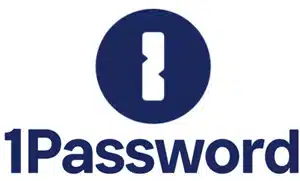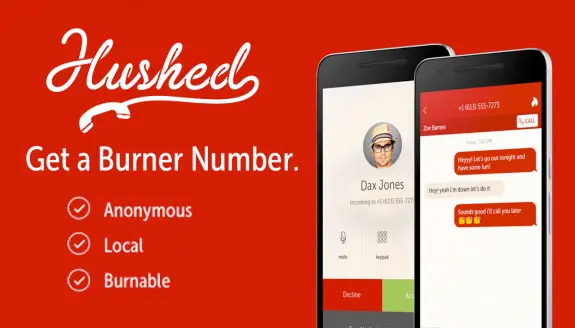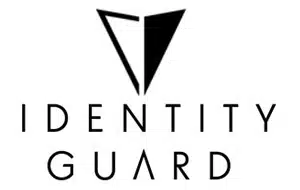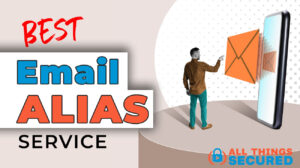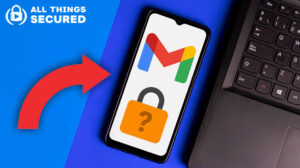When it comes to online security, having the best privacy and security tools is essential to protect your data and secure your online accounts. Most people know the basics: use strong passwords, enable two-factor authentication (2FA), and avoid suspicious websites. But there’s so much more!
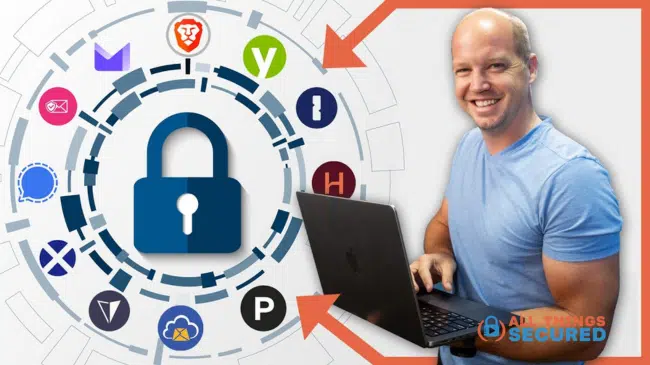
In this post, I’ll walk you through the 12+ privacy and security tools I use daily to secure my online accounts, protect my data, and maintain my peace of mind. These aren’t sponsored recommendations , just real-world experiences and preferences.
This article is composed of the following:
- Password Manager
- 2FA Security Key
- Private Internet Browser
- Email Privacy Tools
- Email Aliasing Tools
- Private Messaging Apps
- Virtual Credit Cards
- Virtual Mailboxes
- Virtual Phone Number
- Data Removal Services
- Credit Tracking Tools
Whether you want to shield yourself from data breaches, safeguard your internet-connected devices, or stop being traced online, these privacy tools can help.
Note: Some of the links in this article may be affiliate links, which means that at no extra cost to you, I may be compensated if you choose to use one of the services listed. I only recommend what I personally have used, and I appreciate your support!
Use a Password Manager to Lock Down Your Accounts
Most people rely on weak or reused passwords across multiple online accounts — a setup that’s a hacker’s dream.
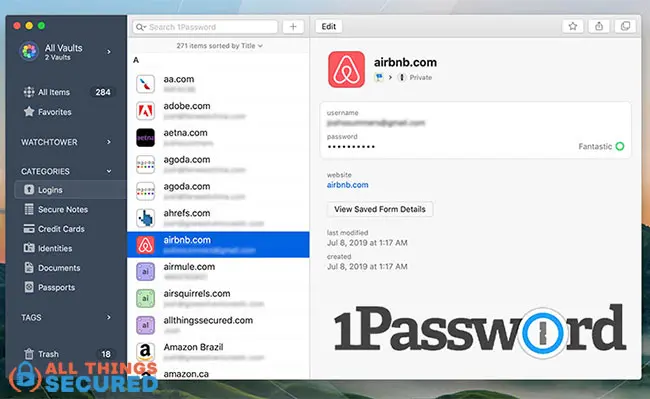
A password manager is one of the most effective tools for improving your account protection and protecting your digital identity. It generates strong, unique passwords for every account. It stores them securely and even auto-fills login details across your devices and operating systems. This makes managing your passwords effortless while keeping your data safe from hackers.
My Recommendation
I use 1Password every day. It’s secure, reliable, and works seamlessly across all my devices.
Proton Pass and Bitwarden are also excellent alternatives for managing accounts and credentials.
How to Setup a Password Manager:
- Download a password manager like 1Password.
- Import or create strong passwords for all your accounts.
- Let the software store and autofill passwords securely.
You can go through our password manager setup tutorial or watch the video below:
Password managers are essential for accessing accounts safely. Without proper password management, your data becomes vulnerable to hackers who exploit weak or reused passwords.
Add Two-Factor Authentication as a Privacy Tool
Even the strongest password isn’t enough by itself. Two-factor authentication (2FA) adds another layer of online security, making it far harder for attackers to gain access to your online accounts and devices.
With 2FA, even if someone steals your password, they can’t log in without the second factor; whether it’s a physical key, a code, or an app.
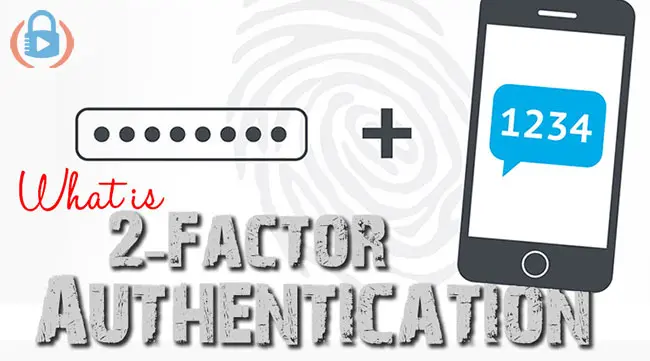
Many 2FA tools are compatible with different operating systems, ensuring that no matter what device you use, your accounts remain secure. This added layer of security prevents one of the biggest threats to online privacy: unauthorized access.
My Recommendation:
My go-to is the YubiKey, a physical security key that works seamlessly with my devices. It’s fast, reliable, and virtually unhackable.
Enable 2FA on your most sensitive accounts, such as email, financial services, and social accounts. It’s an integral part of any robust security strategy.
Switch to a Private Browser to Stop Being Tracked
Think incognito mode keeps your activity private? Think again. Browsers like Chrome still collect your behavior, track your activity, and log the websites you visit.
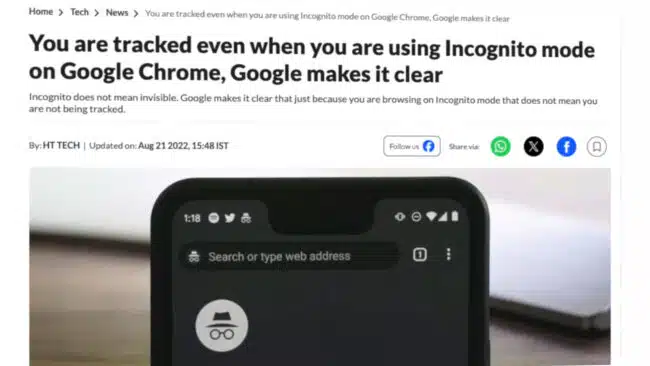
So, how can you truly browse the internet without leaving a trail?
Private browsers block ads, trackers, and cookies by default, preventing companies from building profiles on users or exploiting your data for advertising. They not only ensure a safer browsing experience but also prevent malware from infecting your device by blocking malicious scripts embedded in websites.
My Recommendation:

I’ve used Brave for over a year, and it’s one of the best tools for maintaining online privacy. It’s lightweight, fast, and designed to prioritize user security.
You can consider Firefox or DuckDuckGo’s browser as reliable alternatives to reduce tracking and improve privacy.
If you’re curious about other privacy-focused browsers, check out this list of the best alternatives to Chrome.
Use Secure Email for Sensitive Communications
Free email services like Gmail may be convenient, but they often scan your emails to fuel targeted advertising. If you’re handling sensitive information or simply value your privacy, a secure email provider is essential.
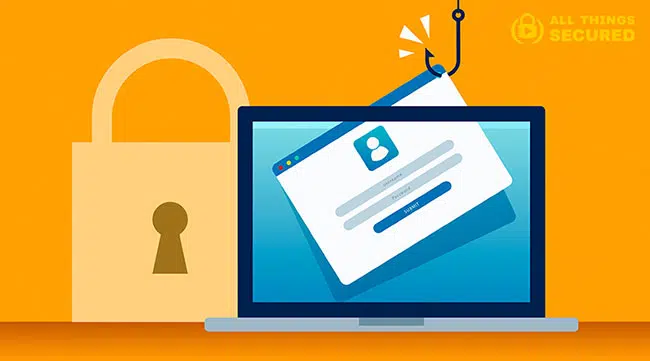
Unlike standard email platforms, secure email providers offer end-to-end encryption, ensuring that only you and your intended recipient can access your messages. This added layer of protection shields your communications from hackers, scammers, and even email service providers themselves.
What I Use:
I use Proton Mail to handle communications with my lawyer, accountant, and other professionals. It’s an excellent tool for keeping your most sensitive information private.
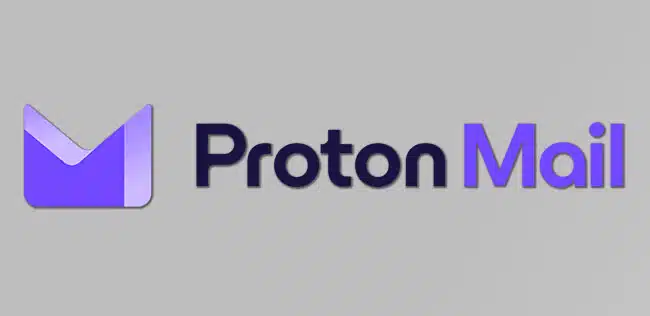
In this Proton Mail review, we take a deep dive into the pros and cons of this email solution and compare its encryption and suite of features to its competitors so you can make an informed decision for yourself.
Pro Tip: Use a separate email for financial accounts to reduce phishing risks and avoid falling victim to malware or scams.
Stop Spam with Email Aliases
Sick of spam? Sharing your email address opens you up to spam, targeted ads, and even phishing attacks. That’s where email aliases come in handy.
An alias creates a unique, disposable email address for each service or account. If one gets compromised, you can delete it without affecting your main inbox.
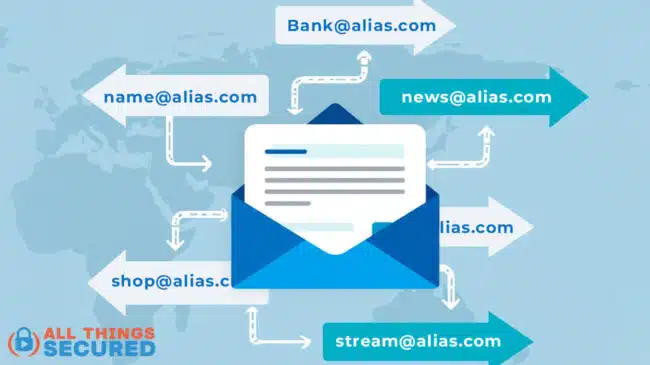
Email aliases also offer the benefits of keeping your primary inbox clutter-free and preventing unnecessary distractions in your daily life.
What I recommend:
I use SimpleLogin to generate aliases for newsletters, online shopping, and other services. It’s one of the easiest tools for managing emails and reducing spam.
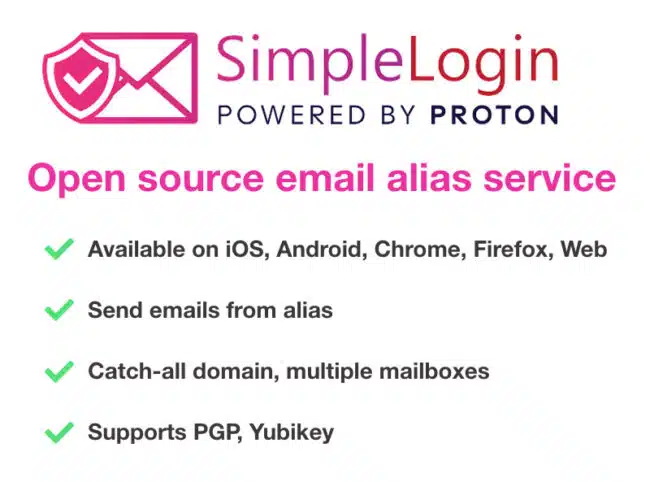
How to Set It Up:
- Sign up for SimpleLogin.
- Create aliases for different services you use.
- Route emails from aliases to your main inbox for convenience.
The good news is that if you have a Proton email account, you get free access to SimpleLogin! Email aliases offer the benefits of keeping your primary inbox clutter-free and preventing unnecessary distractions in your daily life.
Use Signal for Private Messaging
Not all messaging apps are created equal. Even encrypted platforms like WhatsApp collect metadata about your conversations, compromising your privacy.
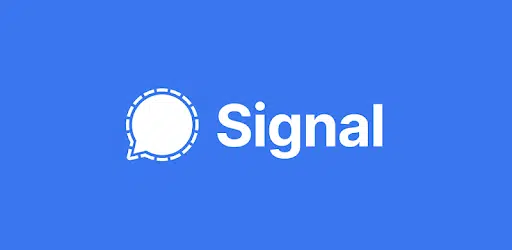
Signal offers end-to-end encryption and doesn’t log metadata, making it one of the most secure apps for private messaging. I use Signal to communicate outside the Apple ecosystem and for all sensitive conversations.
Threema and Session are also reliable apps, but Signal is the most user-friendly for widespread adoption.
Pay Online Safely with Virtual Credit Cards
When you use your real credit card online, you’re exposing yourself to potential fraud or data leaks if the retailer is hacked.
Virtual credit cards create temporary, merchant-specific numbers that can’t be reused, making online purchases safer and easier to manage.
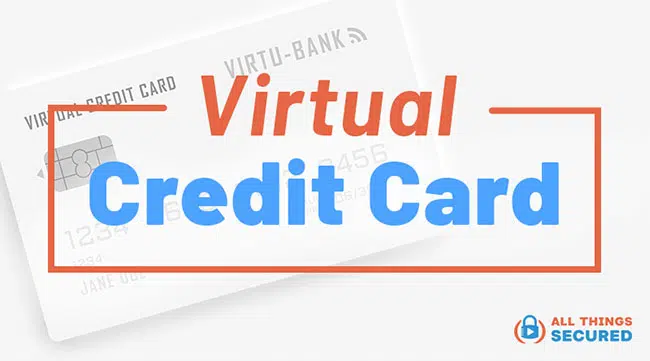
To better understand how virtual credit cards can protect you, check out this detailed guide on virtual credit cards.
My Recommendation:
Privacy is my go-to tool for creating virtual credit cards. It lets me set spending limits, monitor transactions, and cancel cards if needed.
Mask Your Address with a Virtual Mailbox
Sharing your physical address online can result in junk mail, identity theft, or even unwanted attention. A virtual address solves these problems.
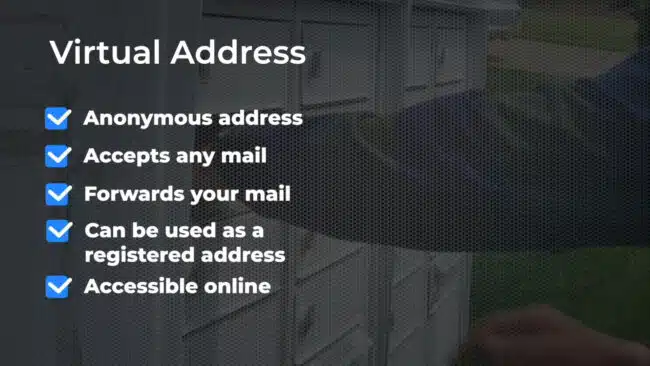
Virtual mailboxes handle your physical mail digitally, letting you manage it securely while protecting yourself and your online privacy.
My Recommendation:
I use PostScan Mail to receive and run my mail safely and conveniently. PostScan Mail lets you view and manage your physical mail digitally, making it easier to stay organized without the need to handle paper. But there are plenty of other great virtual mailbox providers to choose from.
Protect Your Phone with a Virtual Number
Phone number privacy is about controlling who can access and use your number. Since phone numbers are often used for identification and verification, keeping them private helps prevent unwanted calls, texts, and misuse.
Virtual phone services offer privacy and anonymity by allowing you to verify accounts, receive calls/texts, and communicate without revealing your real phone number.
My Recommendation:
The simplest way to protect your number is by purchasing a second one. Some apps provide internet-based numbers, while others use call forwarding.
A great option is Hushed, which offers burner numbers in 300+ area codes, allowing you to keep your real number private.
There are a number of great virtual phone number options available, but I use and prefer Hushed.
Wipe Your Digital Footprint with Data Removal Services
Most of us don’t realize how much of our personal information is floating around online. This is often referred to as our online digital footprint. Data brokers sell this information, often without your knowledge.
Data deletion services, also known as data removal services, are a new type of service that specializes in eliminating personal information from data brokers and online databases.
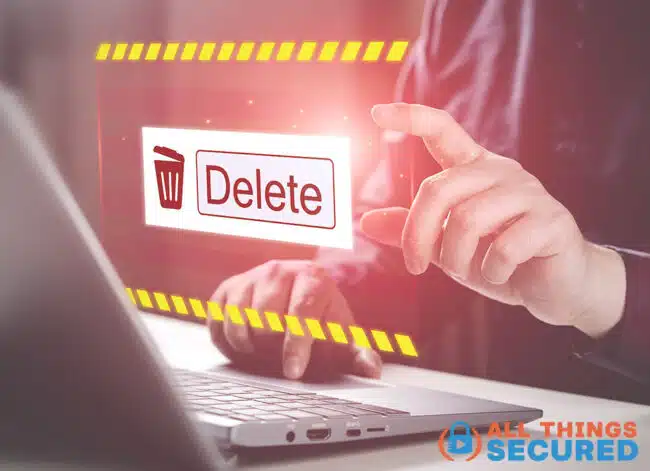
A data deletion service offers several key benefits:
- Prevent identity theft
- Reduce junk mail and marketing spam
- Minimize unwanted calls
- Protect personal privacy
- Control how your data is used
When choosing a service, it is important to consider its effectiveness, cost, and customer support
My Recommendation:
DeleteMe scans for my personal data and gets it taken down. It’s one of the most valuable privacy tools and technology I use.
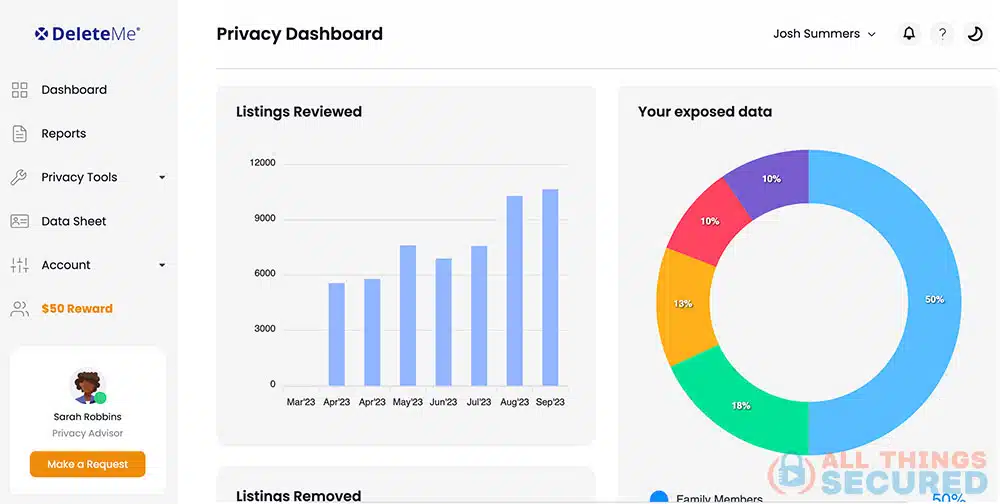
DeleteMe works by systematically identifying where your data appears online, submitting removal requests, and continuously monitoring for any reappearance. Since data often resurfaces due to frequent updates by brokers, DeleteMe ensures ongoing protection through regular scans and removal efforts, keeping your private information out of reach.
Monitor Your Credit to Catch Fraud Early
Identity theft is on the rise, and without proactive monitoring, you may not notice fraudulent activity until serious damage is done. Credit monitoring helps you catch suspicious activity early, allowing you to take action before it escalates.
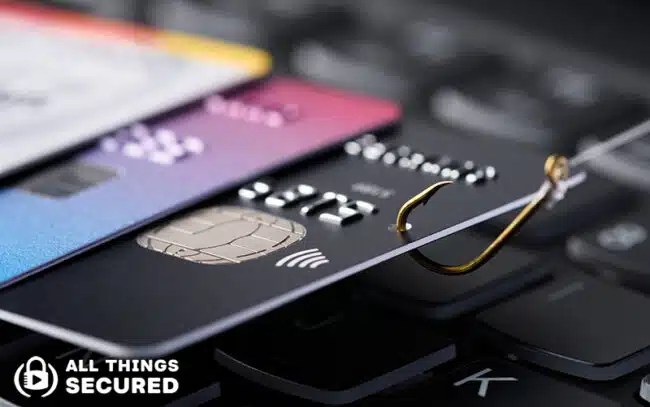
Credit monitoring services track your credit reports for unauthorized changes, alerting you to potential fraud. Many services also include identity monitoring, which scans for misuse of your personal information, such as accounts opened in your name or data leaks on the dark web.
What I Use:
I rely on Identity Guard, a trusted service that monitors my credit and provides real-time alerts.
One reason I chose Identity Guard is its use of IBM® Watson™ AI, which helps detect identity theft more effectively. It also offers identity theft insurance of up to $1 million and expert support for recovery if fraud occurs.
Even if you don’t use a paid service, it’s essential to check your credit reports regularly, freeze your credit when necessary, and stay vigilant with your bank and social media accounts.
Final Thoughts on Privacy Tools
Protecting your online privacy doesn’t have to be complicated. By integrating these security tools into your routine, you can drastically reduce your risk of data breaches, and tracking.
Start with one or two tools – maybe a password manager or a secure email provider – and build your privacy toolkit over time.
Every step you take is a step closer to your peace of mind.
